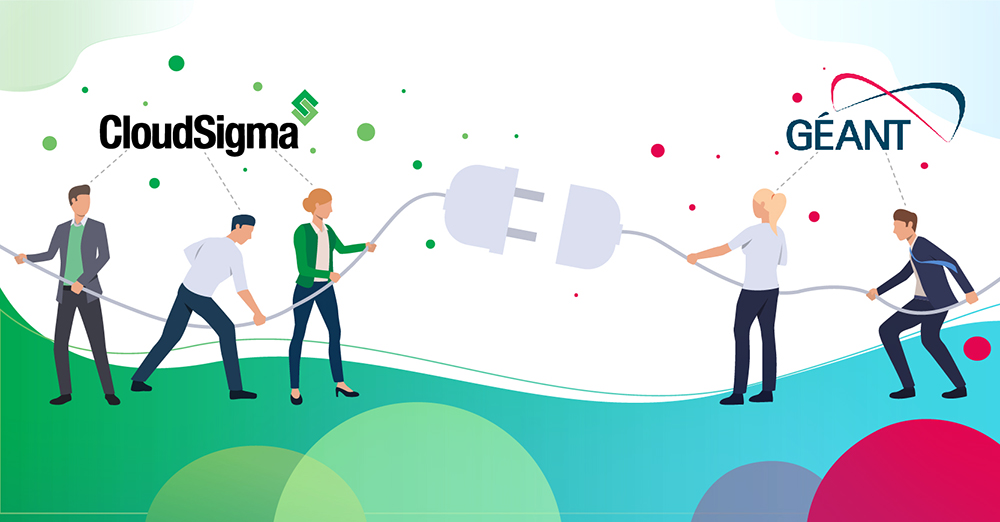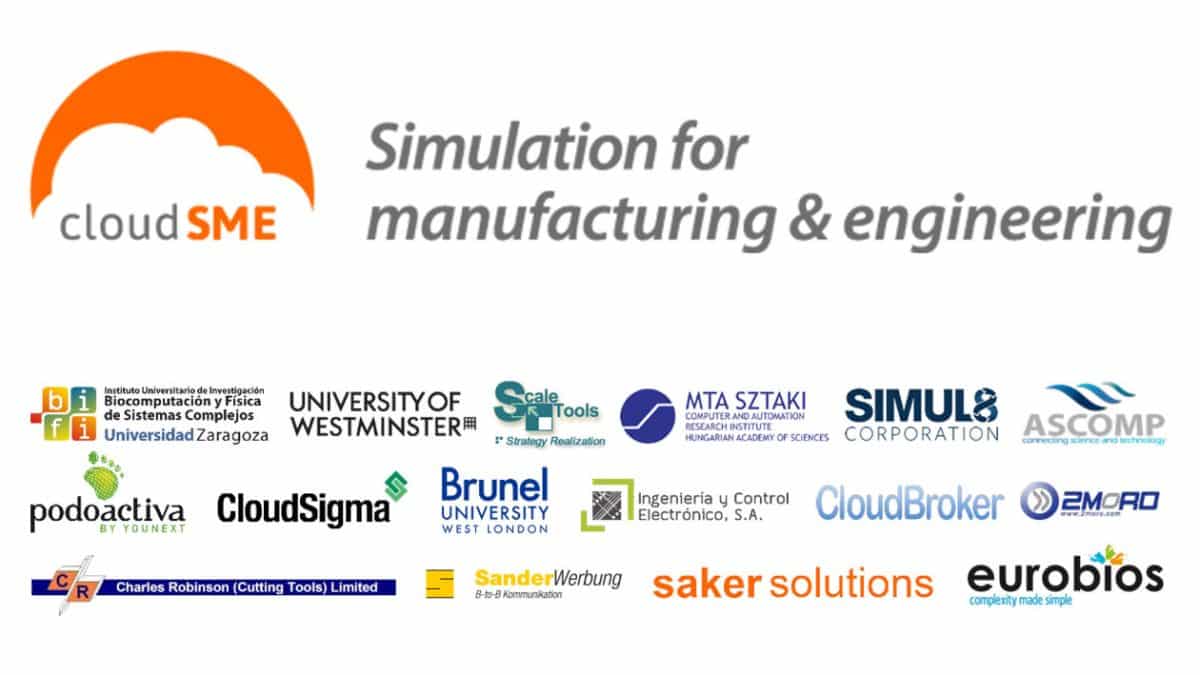As announced earlier this month, CloudSigma is building and maintaining a repository of Sentinel data backed by a powerful service level agreement ensuring availability and performance. The following tutorial describes how you can access the satellite data in our cloud environment and download a specific image to your CloudSigma cloud server to process it. Accessing the object storage is possible …
CloudSigma Partners with BOS Technologies to Offer Powerful Satellite Services
Zurich, Switzerland – March, 2018 – we are happy to announce that CloudSigma has entered into a partnership with BOS Technologies – a company specializing in processing and analyzing data related to movement of the earth and the structures that lay on top of it. With the help of BOS Technologies, CloudSigma is building and maintaining a repository of Sentinel …
Improving Data-intensive Applications by Moving Data and Computation into Mixed Cloud/Fog Environments
The DITAS project is a Research and Innovation Action funded by the European Commission as part of the Horizon2020 Programme. The project started in January 2017 and will conclude in December 2019. The consortium includes 5 industry partners (including CloudSigma) and 3 research organisations from 6 European countries. The coordinator of the DITAS project is Dr. David García Pérez, from …
Cloud Orchestration at the Level of Application
The COLA project is an Innovation Action funded by the European Commission as part of the Horizon2020 Programme. The project started in January 2017 and will conclude in June 2019. The consortium includes 10 industry partners (including CloudSigma) and 4 research organisations from 6 European countries. The coordinator of the COLA project is Dr. Tamas Kiss, from the University of …
CloudSigma Becomes Preferred Partner for Cloud Services to the GÉANT Academic Network
Zurich, Switzerland – October, 2017 – we are happy to announce that CloudSigma, a leading European infrastructure-as-a-service (IaaS) provider with headquarters in Switzerland and European subsidiaries in Germany and Poland, has been awarded a GÉANT Infrastructure-as-a-Service Framework Agreement after successfully meeting the selection criteria in the call for competition in late 2016. With this new partnership, CloudSigma is able to …
Successful End to the First Year of CloudSME
Introduction Small-to-medium sized manufacturing and engineering enterprises considering product development or process optimization simulation find it prohibitively expensive to access products and services that require a considerable commitment of time alongside a high financial barrier to entry. The use of simulation requires expertise, infrastructure procurement, and ongoing maintenance costs. In addition, it requires software licensing and consultancy fees which often …
- Page 2 of 2
- 1
- 2







